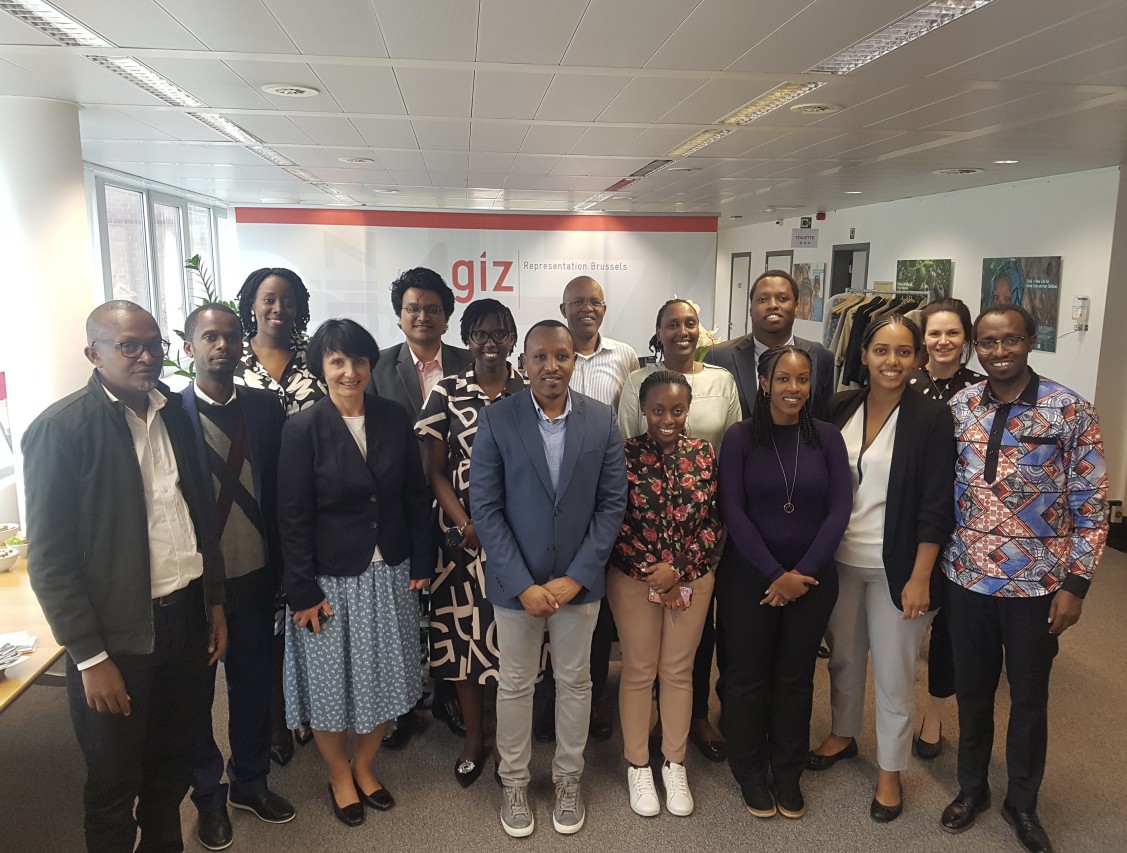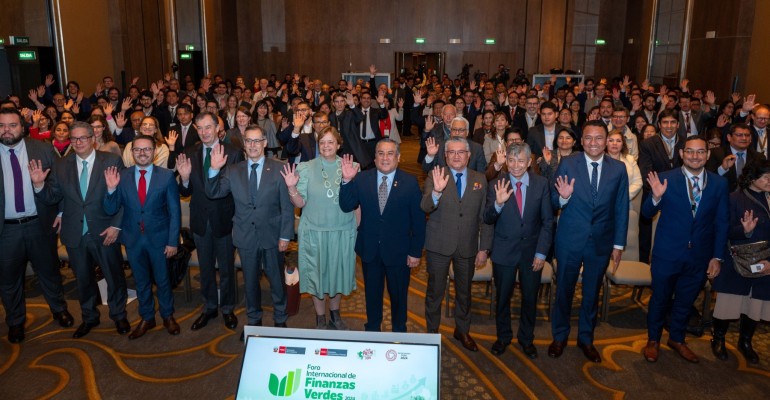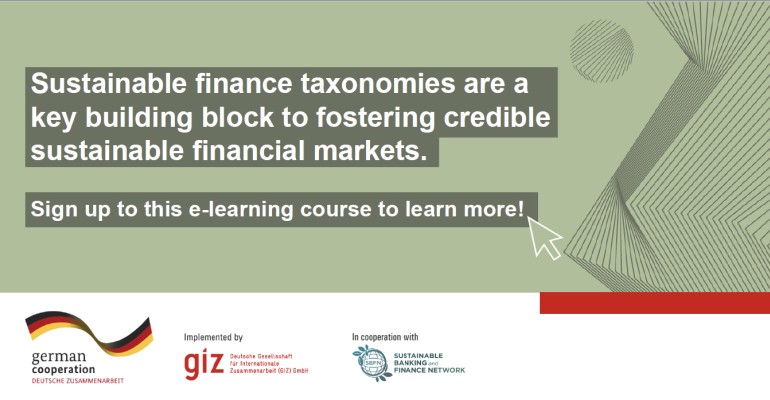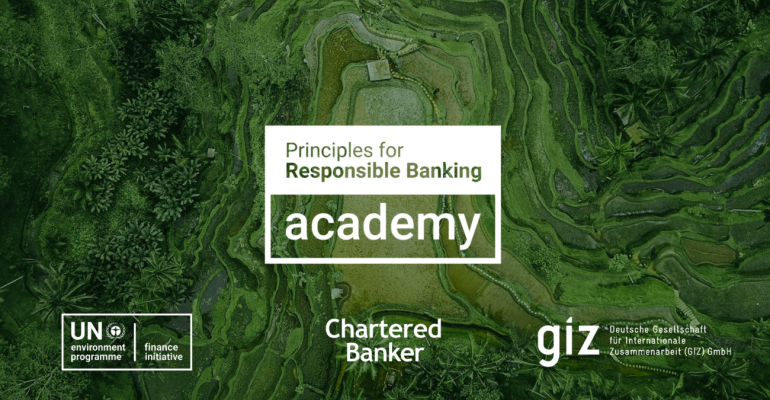On a study visit organised by GIZ, Rwanda delegates learned how the EU and Colombian sustainable finance taxonomies were developed and are now being applied.
The Rwandan government is very interested in learning from the experiences of other countries that have gone through the complex process of developing a sustainable finance taxonomy. In early May 2023, GIZ brought together a delegation of Rwandan partners in Brussels and Bogotá to do just that.
The delegation consisted of representatives of institutions from the Rwandan Taxonomy Taskforce, including the Ministry of Finance (lead), Rwanda Finance Limited (secretariat function), Ministry of Environment, National Bank of Rwanda (central bank), the National Development Bank, the National Green Development Fund, and the Rwandan Stock Exchange. The study trip addressed many important questions from our partners and provided valuable inspiration for the development of the Rwandan taxonomy.
GIZ aims to support Rwandan partners in developing a taxonomy that reflects local circumstances while also aligning with other taxonomies. The Rwandan taxonomy is an important part of the country’s ambitious reform agenda and path to greater sustainability. In conjunction with the BMZ-financed Macroeconomic and Investment Policies programme, the Sustainable Economic Transformation and Sustainable Finance Global Programme supports partners to develop a local taxonomy by providing tailored capacity building, governance, and technical support.
In Brussels, GIZ brought together Rwandan delegates and European experts who were involved in the development of the EU taxonomy for sustainable activities (EU Taxonomy). During a 1.5-day event at the GIZ Representation, there were contributions from the EU Commission’s Directorate-General for Financial Stability, Financial Services and Capital Markets Union (DG FISMA) on strategic issues in taxonomy development, governance, and consultation processes. The European Financial Reporting Advisory Group (EFRAG) shared insights from the European sustainability reporting standards, and the EU Commission’s Directorate-General for International Partnerships (DG INTPA) provided valuable input on how interoperability with other taxonomies, especially the EU Taxonomy, may be achieved.
The Rwandan partners asked numerous questions and made excellent use of discussions with experts to reflect on the overarching strategic issues with taxonomy development. While the breadth and depth of the EU Taxonomy may not be entirely relevant to Rwanda, delegates acknowledged the need to align with the EU Taxonomy due to the capital requirements and its pioneering influence in the green finance landscape.
The delegation’s next stop was Bogotá. Colombia had recently developed a taxonomy based on the EU Taxonomy, but an adapted and simplified version suited to the country context. The delegation was particularly interested in the Colombian approach of using the taxonomy for green budget tagging, which involves categorising and directing government expenditure towards sustainable investments. Delegates found the input very relevant and highly applicable to the Rwandan context (for example, high dependence on the agricultural sector, level of financial market maturity and development, and local capacities). The visit highlighted the ability to borrow from established taxonomies like the EU Taxonomy, while also designing individualised components (for example, inclusion of the land use sector). The personal exchanges provided a basis for future exchange, and delegates expressed strong interest in engaging further with speakers.
Partners
GIZ, on behalf of BMZ, supports the Rwandan taxonomy development process together with the Climate Bonds Initiative and Ambire Global.




